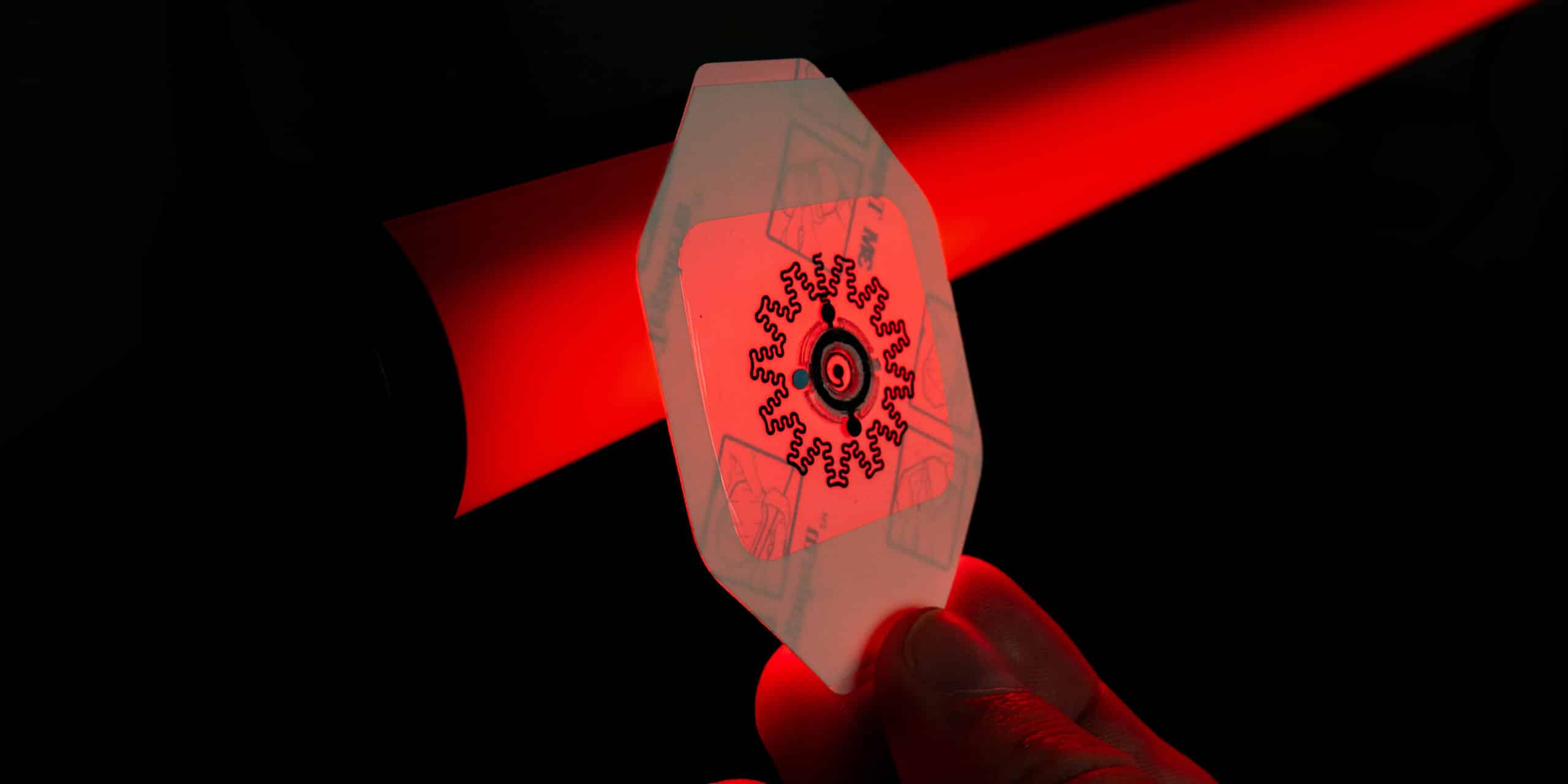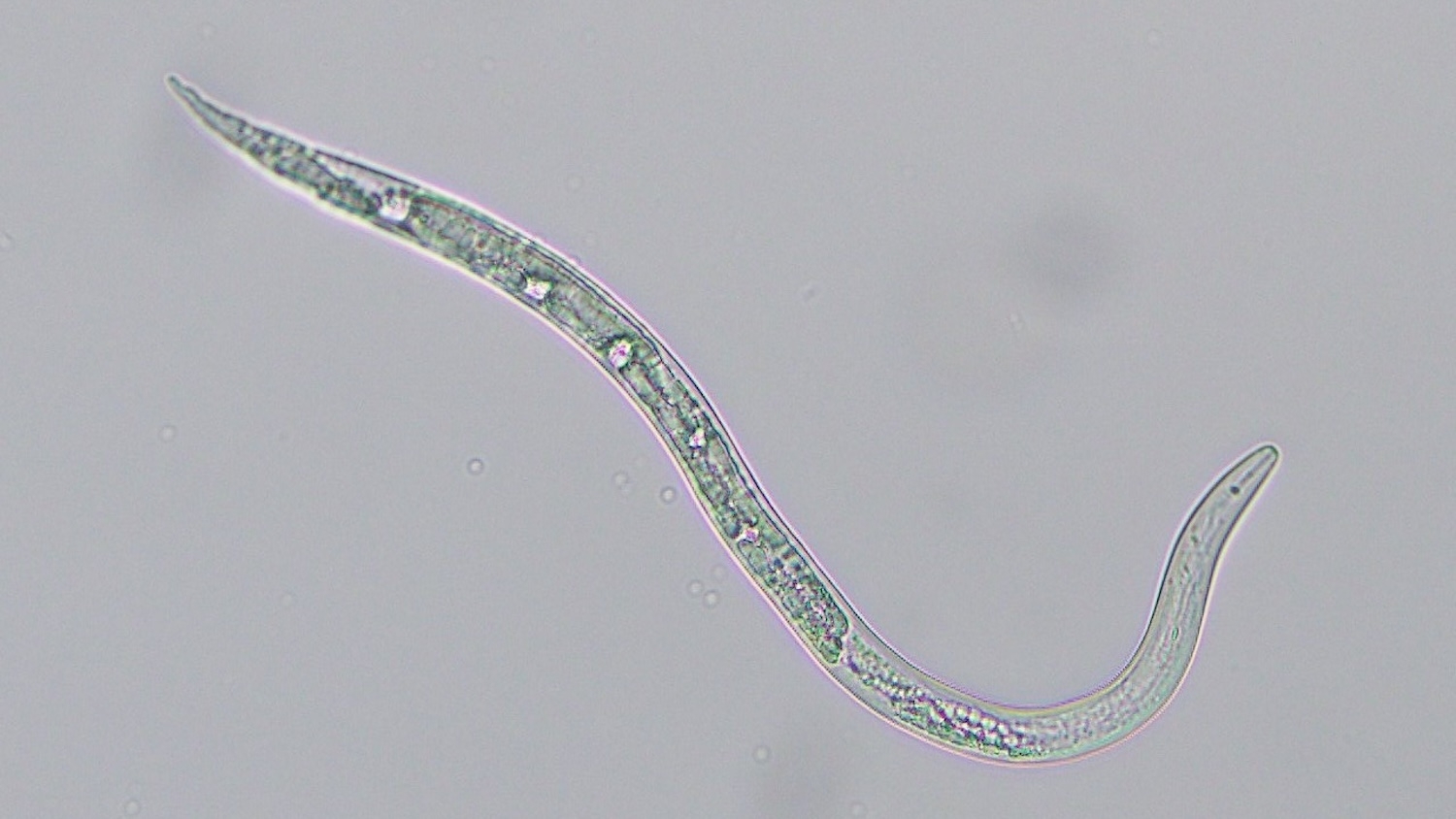Research team awarded UNC ROI grant to accelerate molecular discovery using an autonomous robotic lab

An NC State University research team has been awarded funding from the UNC System Research Opportunities Initiative (ROI) to accelerate molecular and biological innovations enabled by next-generation self-driving labs. Self-driving labs leverage artificial intelligence (AI), robotics, and lab automation to fast-track the discovery and development of advanced materials and molecules needed to develop new medicines, semiconductors and sustainability solutions.
“Through this research project, we aim to accelerate the discovery of small molecules for antibiotic and cancer therapeutics,” said Joshua Pierce, a co-lead of the UNC ROI award, director of the Integrative Sciences Initiative (ISI) and a Distinguished Professor in the Department of Chemistry. “The project brings together disciplinary researchers from many fields and represents exactly the type of project that the ISI is aiming to enable.”
The team will receive a total of $1.5 million over the next three years from the UNC System. The funding will be used to build the unique infrastructure needed for a multipurpose self-driving lab housed in NC State’s Integrative Sciences Building — set to break ground this summer.
“The Integrative Sciences Initiative is aimed at breaking down barriers between disciplines to accelerate the discovery of molecular solutions for human, animal and plant health,” said Warwick Arden, executive vice chancellor and provost at NC State. “We are grateful to the UNC System for supporting our bold vision for interdisciplinary science at NC State.”
This interdisciplinary research program, titled “AMBI: Accelerated Molecular and Biological Innovation Enabled by Integrated Engineering and Sciences,” will aim to make significant advances in areas of high importance to North Carolina, including advanced manufacturing, defense, military, and security, pharmacoengineering, and data science.
“With this ROI funding and matching funds from the university, we are going to build the next generation of self-driving labs at NC State to accelerate molecular sciences in different areas,” said Milad Abolhasani, a co-lead of the award and an associate professor and University Faculty Scholar in the Department of Chemical and Biomolecular Engineering.
In addition to Abolhasani and Pierce, the research team’s co-principal investigators include Caroline Proulx, an assistant professor in the Department of Chemistry (College of Sciences); Melanie Simpson, a professor in and head of the Department of Molecular and Structural Biochemistry (College of Agriculture and Life Sciences); and Wentao Tang, an assistant professor in the Department of Chemical and Biomolecular Engineering (College of Engineering).
The University of North Carolina’s ROI program promotes innovative, cutting-edge research projects within the UNC System. Designed to support strategically important research, UNC ROI grants are awarded annually to target game-changing projects in six priority areas: advanced manufacturing; data sciences; defense, military and security; energy; marine and coastal science; and pharmacoengineering. The awards are also designed to support multi-institutional projects that promote collaboration and emphasize the unique strengths of individual institutions.
“This cutting-edge project is a great example of ‘outside-the-box’ thinking that often results from interdisciplinary research collaborations,” said Mladen Vouk, vice chancellor for research and innovation at NC State. “In this instance, NC State engineers, chemists and biochemists will deploy funding from the UNC ROI program to dramatically accelerate and automate the synthesis and functionality of innovative molecules for a wide range of biological and biomedical applications.”
This post was originally published in Office of Research and Innovation.
- Categories:


